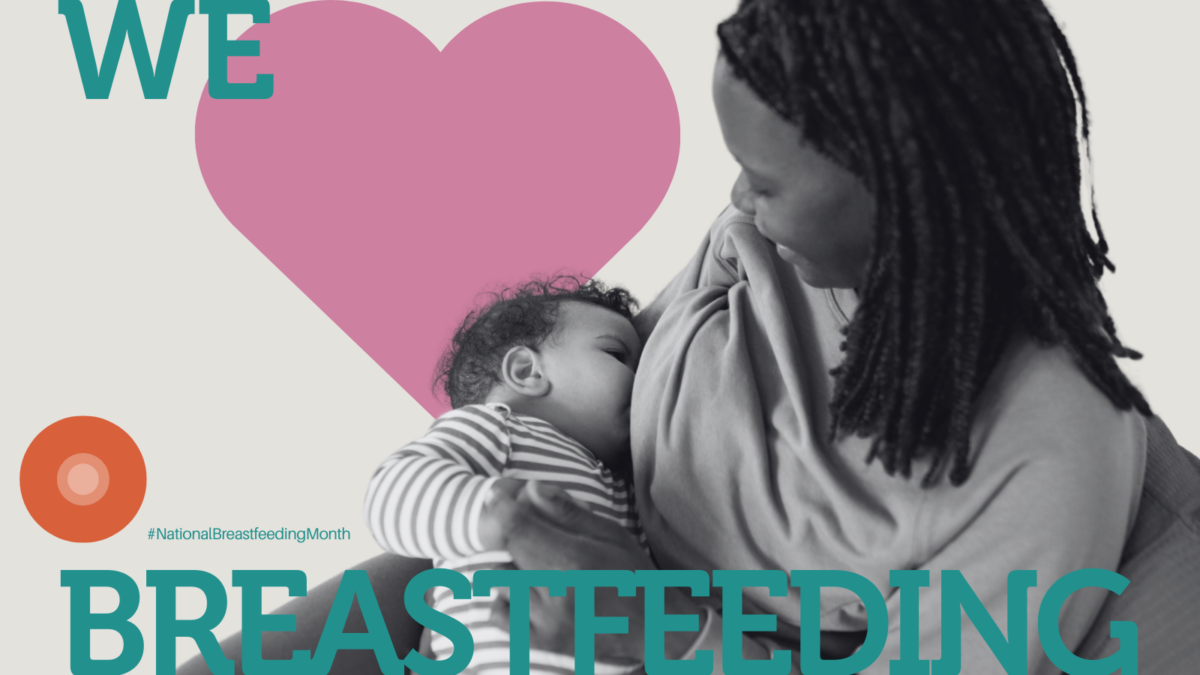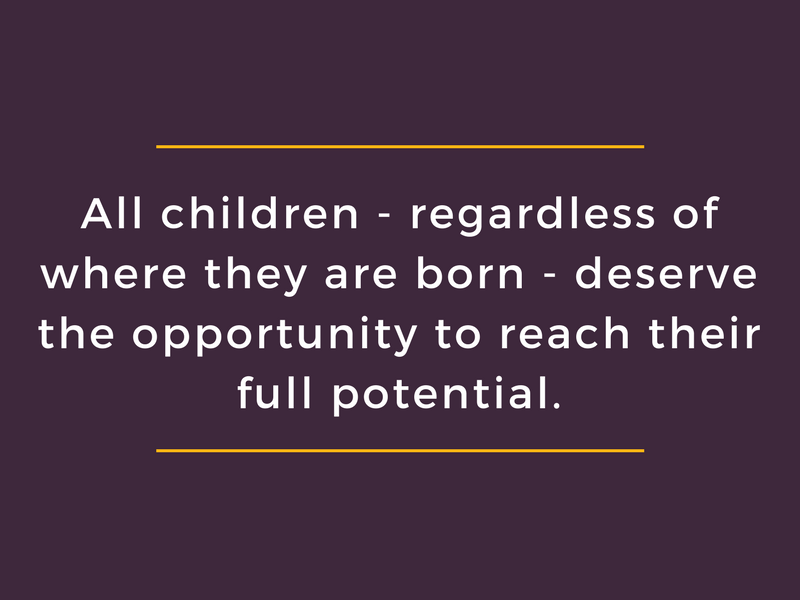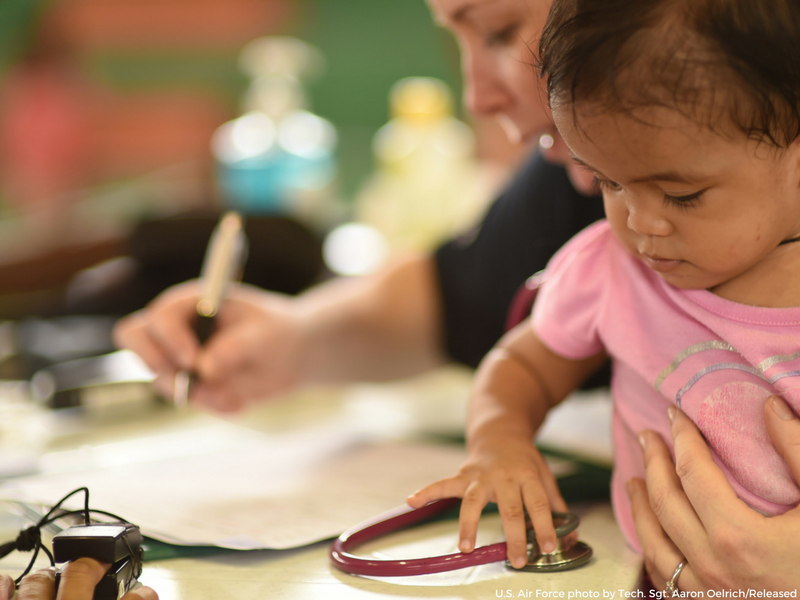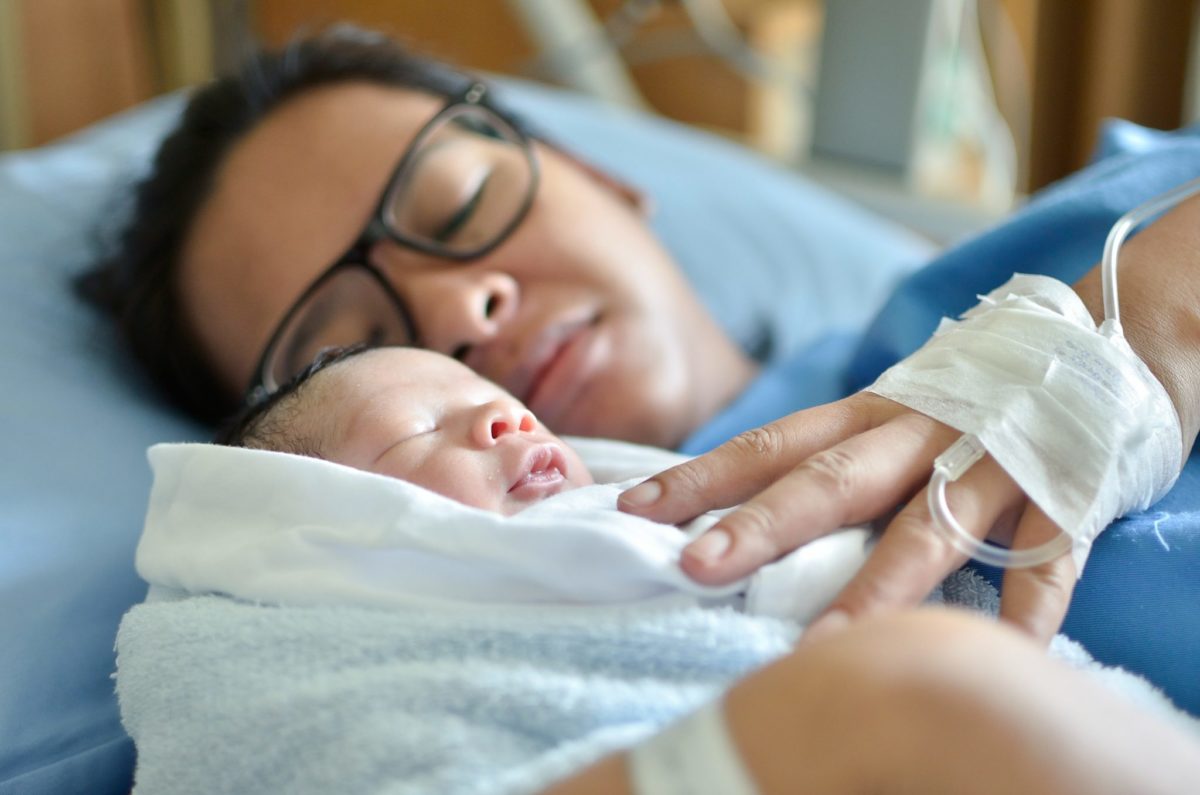Addressing breastfeeding disparities across the United States
By Valentina Giraldo Lozano, intern at 1,000 Days of FHI 360
Breastfeeding provides a fundamental contribution to early childhood nutrition and health. However, in the United States its benefits are not experienced by everyone equally, as breastfeeding rates vary significantly by race and ethnicity.
The national breastfeeding rate in the United States is relatively high: about 84% of infants are breastfed at birth. But when broken down by race and ethnicity, we see drastic disparities: the CDC reports that, at birth, 92.7% of Asian infants and 86.2% of white infants are breastfed, with rates dropping to 81.9% for Hispanic infants, 78.4% for Indigenous infants, and 77.3% for Black infants. Black, Hispanic, and multiracial parents are also less likely to breastfeed for the recommended six months, compared to the U.S. national rate.
Multiple factors contribute to these disparities, including access to healthcare, socio-economic status, cultural norms, employment and childcare challenges and systemic racism.
The disparity in support often starts at the hospital, with maternity care facilities serving Black populations being much less likely to offer lactation support. A long history of medical racism and targeted marketing of formula to Black mothers also plays a role in Black mothers not being supported to breastfeed by medical professionals.
Low breastfeeding rates may also be a reflection of negative cultural perceptions of breastfeeding and a lack of support from breastfeeding role models in a mother’s family and community. Peer counseling and support groups can significantly increase breastfeeding rates and provide quality information in a culturally sensitive manner.
Socio-economic status and your job type can also play a role. Many lower-income jobs do not provide workplace supports that would support sustained breastfeeding, such as access to the Family and Medical Leave Act (FMLA) or employer provided- paid leave, flexible work schedules, or support for breastfeeding or expressing milk at work. This forces lower-income women to return to work sooner than other women, cutting short their opportunity to establish breastfeeding routines.
Racial and ethnic disparities in breastfeeding rates have significant implications for health and for future social and economic outcomes. Suboptimal breastfeeding rates are associated with a greater burden of disease among Hispanic and Black populations: the rates of the ear infection acute otitis media and necrotizing enterocolitis (the most common and serious intestinal disease among premature babies) are much higher in Black and Hispanic children than white children, as is the number of excess child deaths.
Policies have real impact
Breastfeeding doesn’t happen in a vacuum – to be successful, families need supportive policies. New hard-won policies, like the PUMP Act and the Pregnant Workers Fairness Act, are significant steps in the right direction. But stronger support is necessary, especially for Black, Hispanic, and Indigenous women who face significant barriers to breastfeeding.
Federal and state governments must take decisive action to ensure that all mothers have the support they need to breastfeed their children. This includes enforcing comprehensive policies like the PUMP Act, extending paid family leave, and ensuring workplace accommodations for breastfeeding mothers. Raising awareness about existing disparities and advocating for stronger, more inclusive breastfeeding support systems is essential for achieving equitable health outcomes among all parents and children. Employers, policymakers, and community leaders must collaborate to create environments that support breastfeeding mothers.
This year, the theme for National Breastfeeding Month is Nourish, Sustain, Thrive. Nourishing, sustaining, and thriving means ensuring that all mothers, regardless of race or socio-economic status, have the support they need to breastfeed during the critical first 1,000 days. By addressing disparities in breastfeeding rates and advocating for robust, inclusive policies, we can promote the health and well-being of infants and mothers across diverse communities. The journey toward equitable health outcomes begins with every drop of breast milk, and it’s a journey we must all support.










